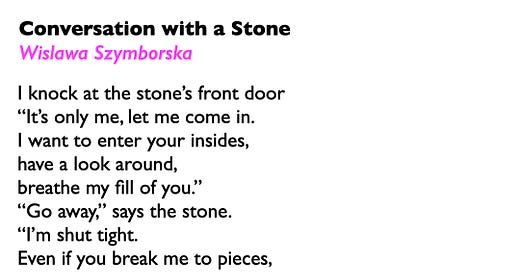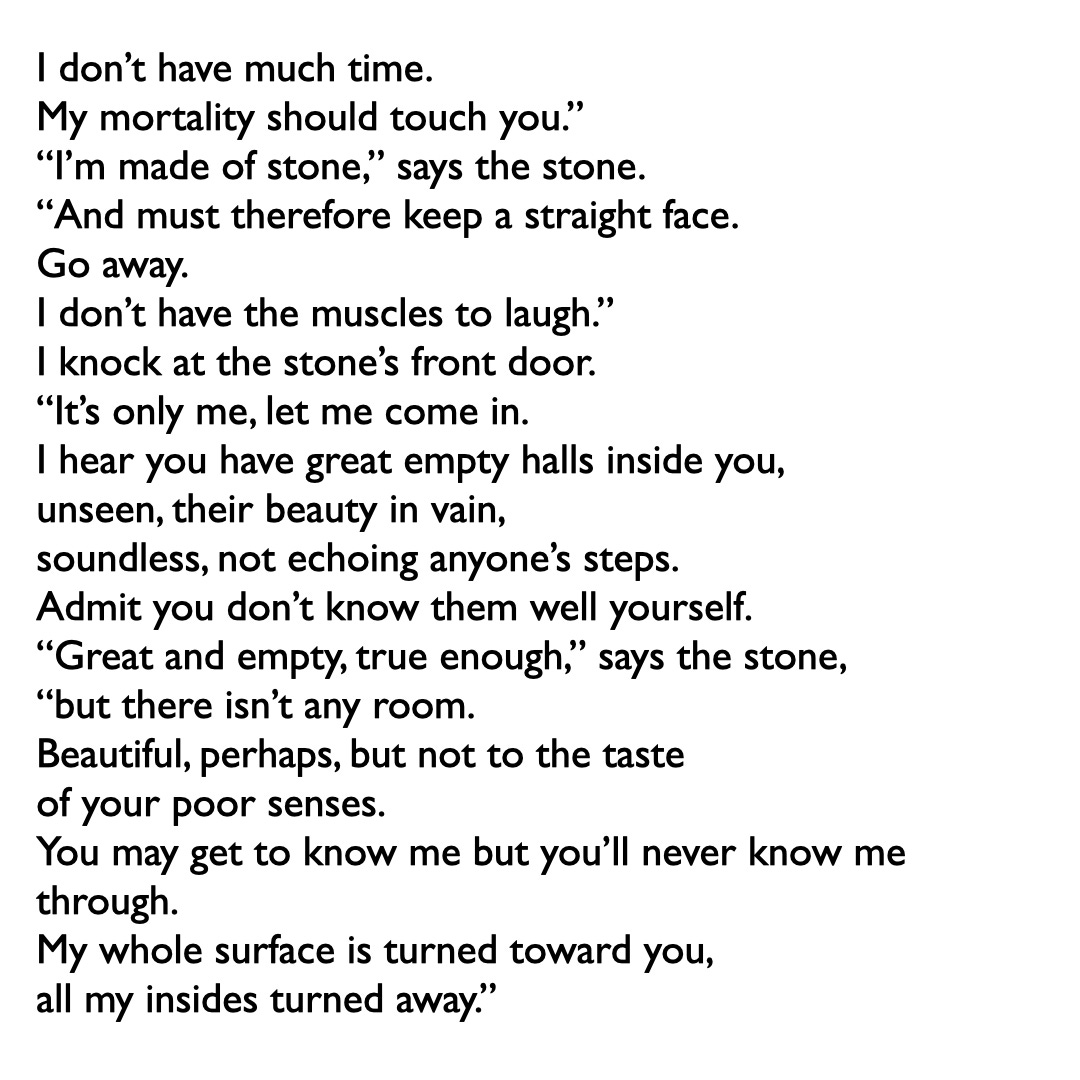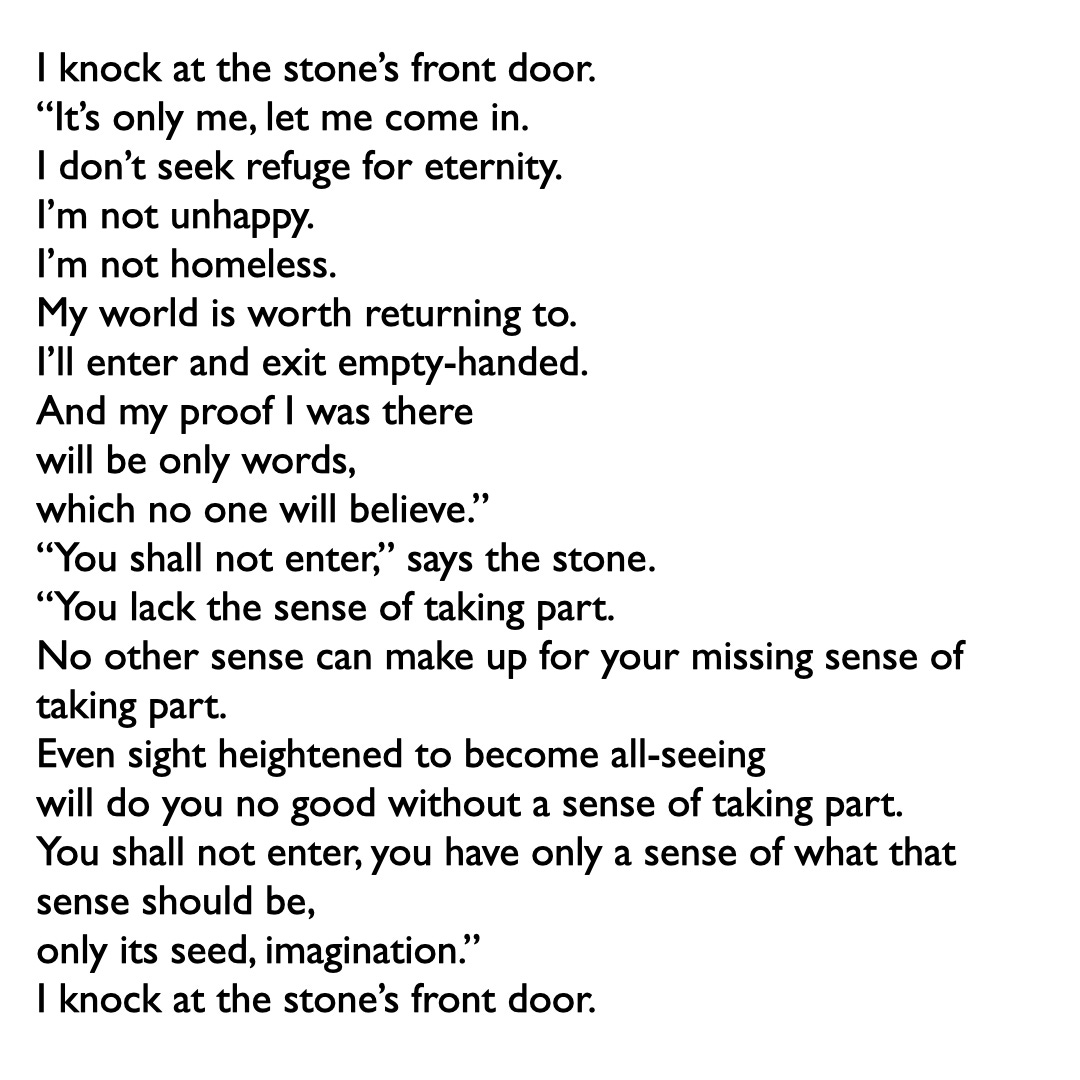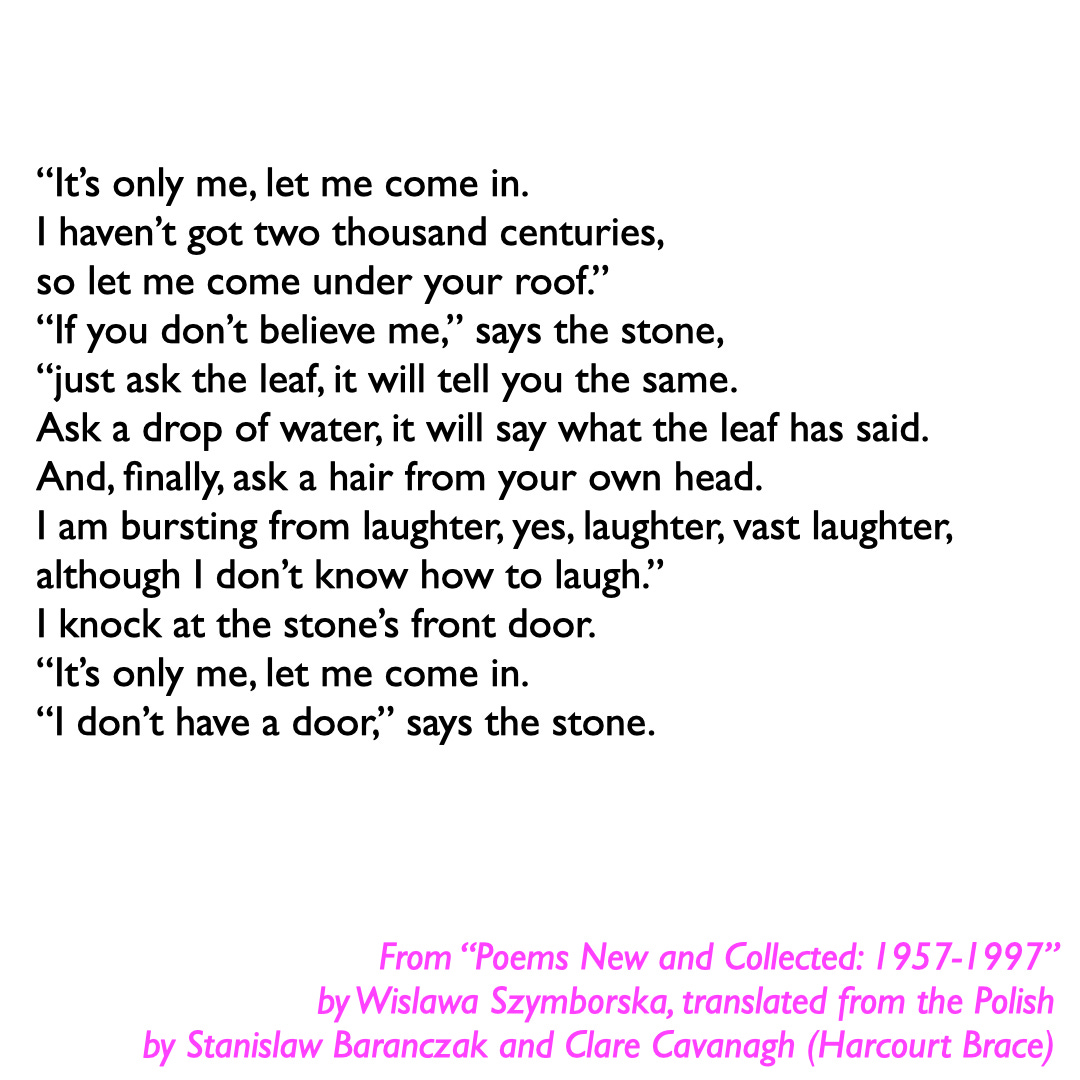‘saraswati sits in her voice’, he said, as the melancholy tune, spilled into the evening. She stared at him, blank as a broken urn that had lost all meaning as it fell. Her voice trembled in that tired sky, as the conversation dwindled into pinpricks of silence. She sat there, uncertain of the loom on which this complement was woven. The blush reached her eyes first. She melted into a smile and quietly closed them, hoping she’d be left alone. She needed time to think about this.
She might have frowned as she considered the vazan of this sentiment. The men continued to talk about her. Not her, she corrected herself, her voice. ‘Kya thehraav hain’. She let them trail to the corner of her mind, focussing her attention, instead, on that unspoken discomfort that arose out of her lover’s words. It was the burden that weighed heavy on that moment; the burden of tradition.
This world of music is cordoned off at the cornerstones of parampara, and gharana. If saraswati sat in her voice, how was she to sing? She knew it was not meant to unsettle. She knew it sneaked out in a rare moment of spontaneity - a gift, perhaps. He only knew how to love her without knowing.
Saraswati is the goddess of wisdom. That made her smile. She remembered somebody telling her once “There are only two things that do not need to mean anything - one is music, and the other, is laughter”. Did he mean to say that her music echoed like the epiphany of unconditional happiness? Her thoughts were interrupted by a shrill peal of laughter. Her uncle was in his element, making a joke about a rival singer, making light of the other man’s “womanising”.
She frowned, and slipped, once again into the antechamber of her thoughts.
She wanted to dissolve into the song again. A stone thrown into a place that would hold its wandering. Like the joy of forgetting. The stone did not need to answer anybody, did not need to explain its presence. The stone is never in medias res. It arrives fully formed. Even its crumbling is rarely an object of vision. We do not know when a stone crumbles to dust.
She felt the cold touch of her lover’s enquiring fingers on her hair. “Where were you lost, jaan”. She opened her eyes to the incredulous eyes of the connoisseurs sipping tea and munching on healthy snacks in the hall of their one bedroom. The sea was frolicking outside, defying the moon’s earnest efforts to rein it in. She used to detest these parties. But now the men seemed like children to her, waiting to play with new toys.
“Will you sing us another song?” he asked her.
How could she refuse those earnest eyes. There was a song she had written about the first time she had experienced emotion. It was a fight. She only remembered unimportant details. The curtains were the colour of midnight, and the bedroom seemed to be in flames. She was seven. Her parents were fighting…
“My love?”
She gathered the evening into her arms, before draping it lightly on her shoulders.
She closed her eyes again, and sank into the melody.
“Tere nain… ”
P.S. The title of this fragment is drawn from a line in Orhan Pamuk’s “My Name is Red” - “Painting is the silence of thought, and the music of sight.”
P.P.S. “There are two things that don't have to mean anything, one is music and the other is laughter.” - Immanuel Kant
I hope you are doing well, and this winter is kind. If you like what you read, do consider ‘buying me a coffee’.
Note: Those, not in India, who’d like to support the work I do at Poetly, write to me - poetly@pm.me.
If you wanna share this post…






